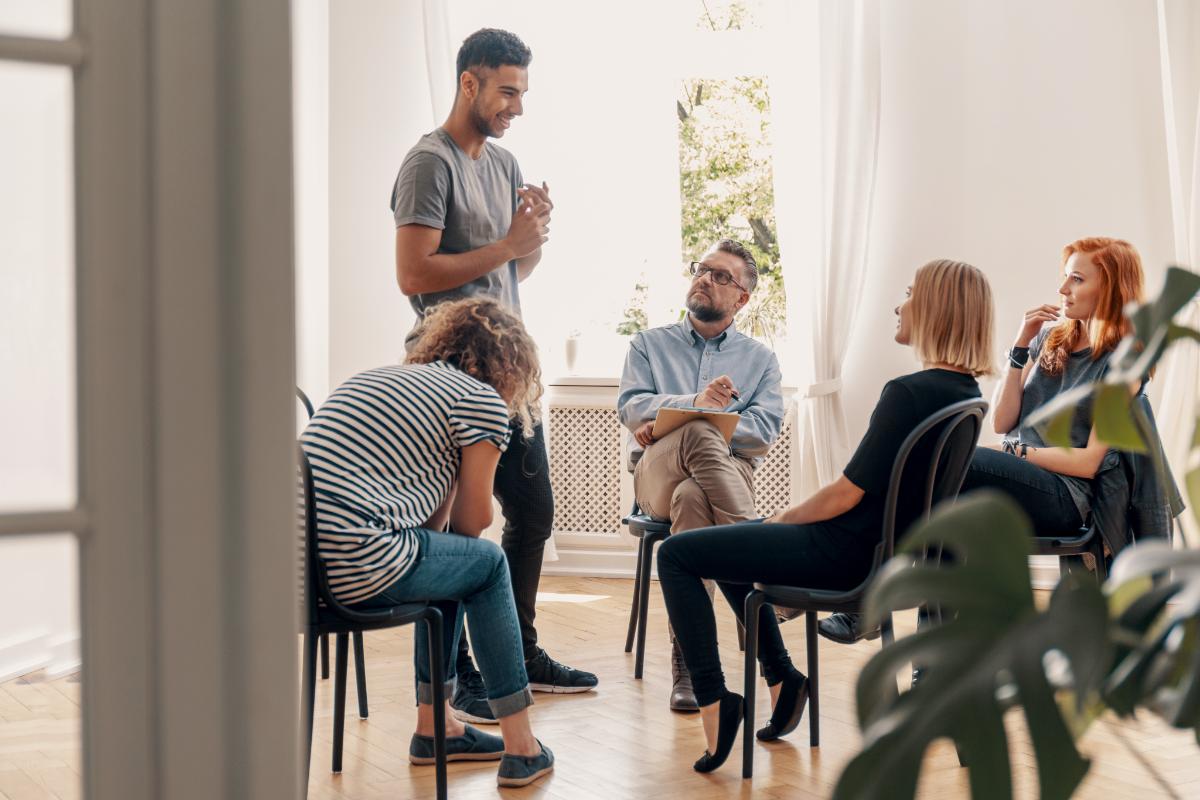Relapse is an unfortunately common occurrence during addiction recovery. Some addictions have relapse rates that exceed 50% of those accessing treatment. Avoiding addiction triggers is one of the most important ways to prevent relapsing. It is especially critical to understand which of the most common addiction triggers are most challenging to you personally so you can understand how to best cope.
During addiction treatment, much time is spent preparing for the challenges that common addiction triggers will throw at people. And for good reason. Navigating substance abuse triggers may be what keeps you from relapsing either during or after treatment.
In need of addiction treatment therapies? Contact 833.647.0392 to learn about what Midwest Detox Center offers.
3 Common Addiction Triggers
Each person has a unique experience with addiction. Yet the list of common addiction triggers is not long. It more or less boils down to these three substance abuse triggers: stress, negative emotions, and the environment.
1. Stress
Stress is the number one cause of relapse. One reason is that many people developed an addiction by self-medicating. It is exceedingly easy for people who used substances to alleviate stress before treatment to fall right back into that habit.
2. Negative Emotions
Negative emotions are right behind stress as another common addiction trigger. In fact, they are often experienced together. Drugs may have been used in response to anger issues or to tamp down on anxiety or depression. Getting sober often means those negative emotions are back or at least being newly experienced without a drug to take the edge off.
3. Environment
Last is the environment. This substance abuse trigger covers a lot of ground. It can incorporate people, places, and objects. For many people, drug use was a social endeavor. They may have entire friend groups or social outlets intertwined with drug use. Those can be hard to let go of. People may be tempted to think they can retain old friends and habits while staying sober themselves. But that temptation and peer pressure remain.
Places can also be triggering or merely exacerbate cravings. Your favorite restaurant may double as the place you and your work buddies always went for happy hour. Or your home may be just around the corner from a liquor store. The object of drug use itself is yet another environmental trigger. Just seeing someone else having a good time drinking may be a trigger for someone recovering from alcoholism.
How to Handle Addiction Triggers
Identifying these common addiction triggers is just step one. Next comes how to handle addiction triggers. Each of these substance abuse triggers comes with some recommendations on how to handle it effectively.
First up is stress. Some level of stress is unavoidable. Managing stress levels in healthy ways is one of the most important things you can do during recovery. Some situations that may cause extreme stress may be avoided entirely. But not every moment will be smooth sailing. Here are a few proven methods for reducing and managing stress:
- Practice mindfulness
- Eat a healthy, balanced diet
- Exercise regularly
- Alter your schedule and implement time management techniques to reduce time crunches or stressful deadline scenarios
Next is negative emotions. Therapy and addiction treatment doesn’t necessarily prioritize trying to avoid negative emotions. Instead, the focus is on controlling your reaction and learning how to deal with them effectively. In fact, they should be viewed as growth opportunities. Facing down challenging emotions without slipping back into drug use is a key marker of progress. You can try journaling, meditating, or calling a trusted friend to process negative emotions.
The environment comes last. As indicated, this can relate to people, places, and objects that remind you of your addiction. Being reminded of your addiction doesn’t have to trigger a relapse.
Planning ahead with specific actions to take when an environmental trigger shows up is vital. Therapy can be helpful in planning out a response when old friends invite you out for a drink.
Dealing With Substance Abuse Triggers Through Therapy
Therapy during addiction treatment is designed to equip you with coping mechanisms and strategies to put into action when triggers appear. Relapse is not inevitable. Find out more by calling 833.647.0392.







